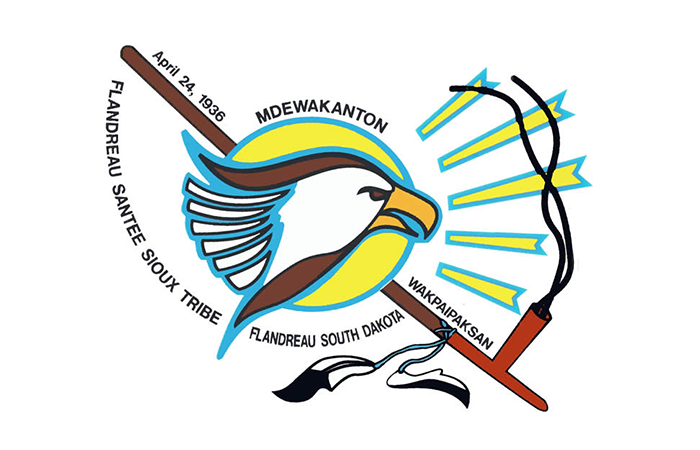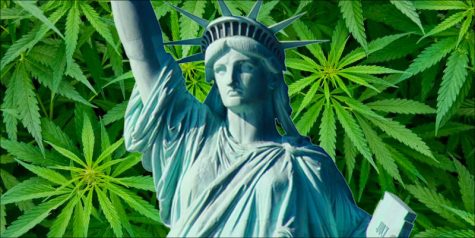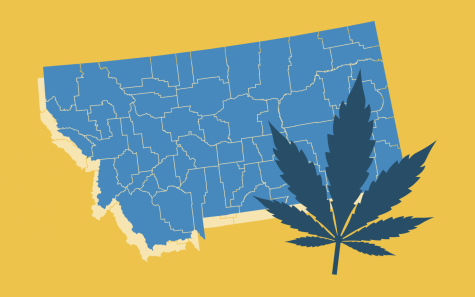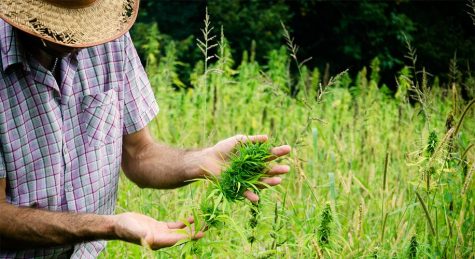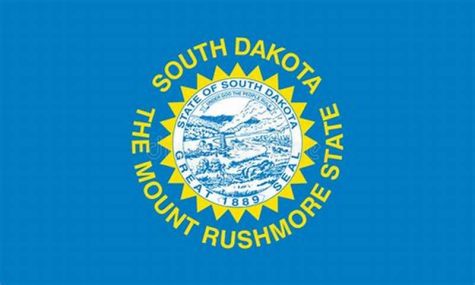Gov. Noem discusses legal issues surrounding the State’s new tribal medical cannabis programs
On June 25, the Flandreau Santee Sioux Tribe revealed its plans to start distributing patient licenses as part of its medical cannabis program. This federally recognized tribe of Santee Dakota people launched its native nation’s cannabis dispensary on July 1.
Located in Flandreau, the tribe will begin selling pharmaceutical-grade cannabis to people who adhere to regulations set out by the tribe’s medical cannabis ordinance.
Governor talks about tribal medical cannabis program in South Dakota
During a recent interview with KELOLAND’S Bridget Bennett, South Dakota Governor Kristi Noem discussed her intentions in regards to providing State residents with access to the plant in its medicinal form.
“I am, yeah,” was Gov. Noem’s response when asked if she was aware of the tribal medical cannabis programs in South Dakota.
Continuing the conversation, Noem said that the tribes intend on launching their own unique program before November 18 – the official deadline on which the state will start to issue medical cannabis cards. However, she insists that this is a serious legal problem.
“We have some law enforcement officers, states attorneys, that are very confused on what they do right now from July 1 until October 29. How do they see someone interacting with them who has [cannabis] on their person but doesn’t have a medical card?”, she asked rhetorically.
South Dakota’s medical cannabis law: Understanding Initiated Measure 26
On December 19, 2019, the South Dakota Secretary of State certified South Dakota Initiated Measure 26. The voter initiative to legalize statewide medical cannabis was featured on the 2020 ballot.
Based on the legal framework contained in South Dakota’s Measure 26, a number of provisions have been imposed to safeguard cardholders who do not reside in the state.
“No nonresident cardholder is subject to arrest, prosecution, or penalty in any manner, or denied any right or privilege, including civil penalty or disciplinary action by a business or occupational or professional licensing board or entity, for transporting, purchasing, possessing, or using medical cannabis in accordance with this chapter if the nonresident cardholder does not possess more than three ounces of cannabis and the quantity of cannabis products established by rules promulgated by the department under § 34-20G-72,” reads an excerpt from the measure.
Bridget Bennett, a KELOLAND News Anchor from Ellendale, North Dakota, asked Noem about whether the state will recognize medical cannabis cards from different states. After briefly pausing in thought, no replied by saying that outside States will be recognized once “the system is set up as laid out by the law.”
“Yes, there is a process that when we have the ability to get that time frame in place that we’ll be able to certify those other cards,” responded Noem.
State leader meetings with stakeholder could enhance safety for medical cannabis program in South Dakota
As the State of South Dakota continues to ramp-up its medical cannabis registration process, Governor Noem claims that state leaders are in the process of meeting with fellow stakeholders to establish a safe system in which they can get a slice of the cannabis business pie.
She told reporters that a great deal of businesses are hoping to experience what South Dakota has to offer in terms of providing patients with their products. Nonetheless, the legal repercussions for people who use the Flandreau Santee Sioux Program remain uncertain.
“A lot of those decisions when it comes to how we interact with tribal members’ tribal cards and the sales to those off of tribal areas is going to come up to state attorneys and what they decide to do as far as prosecution,” concluded Noem.
You can find out more by visiting the official Flandreau Santee Sioux Tribe website.



